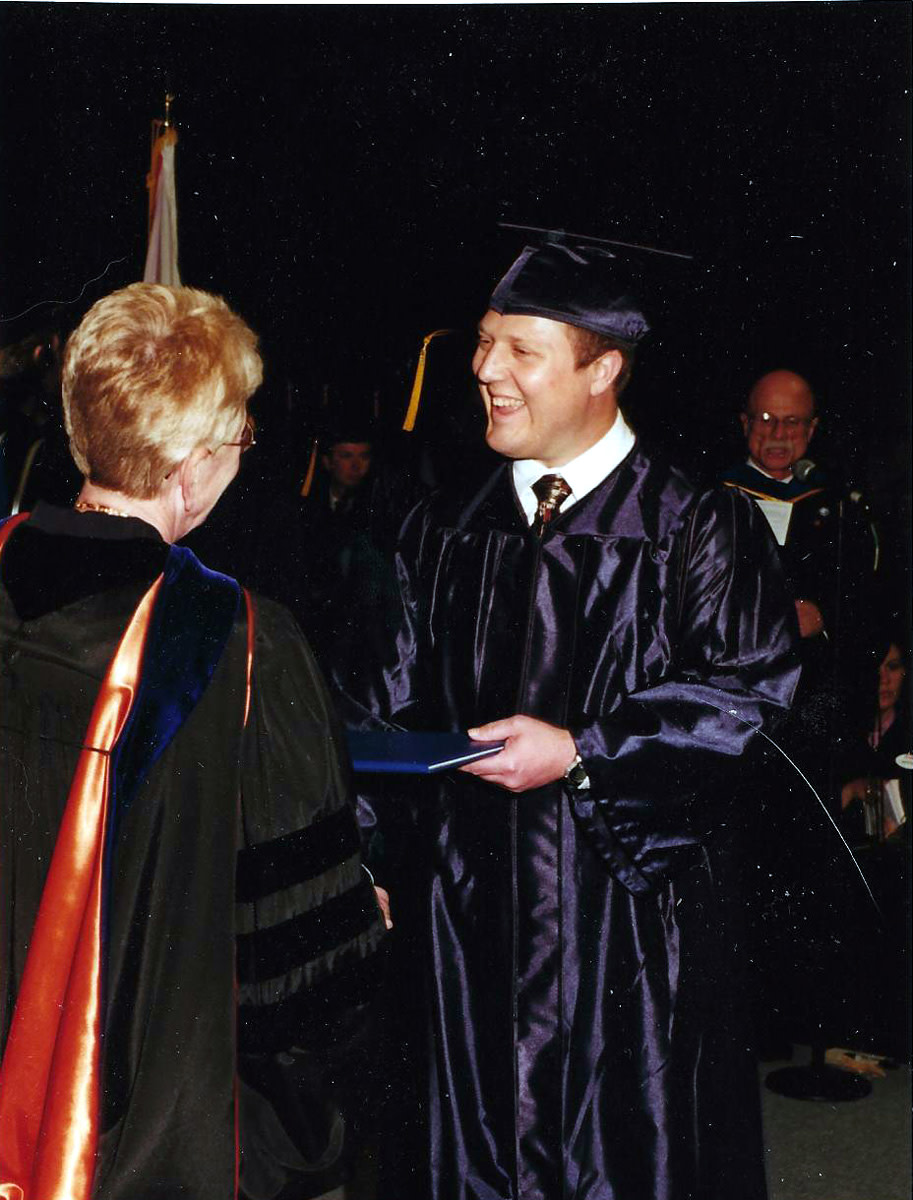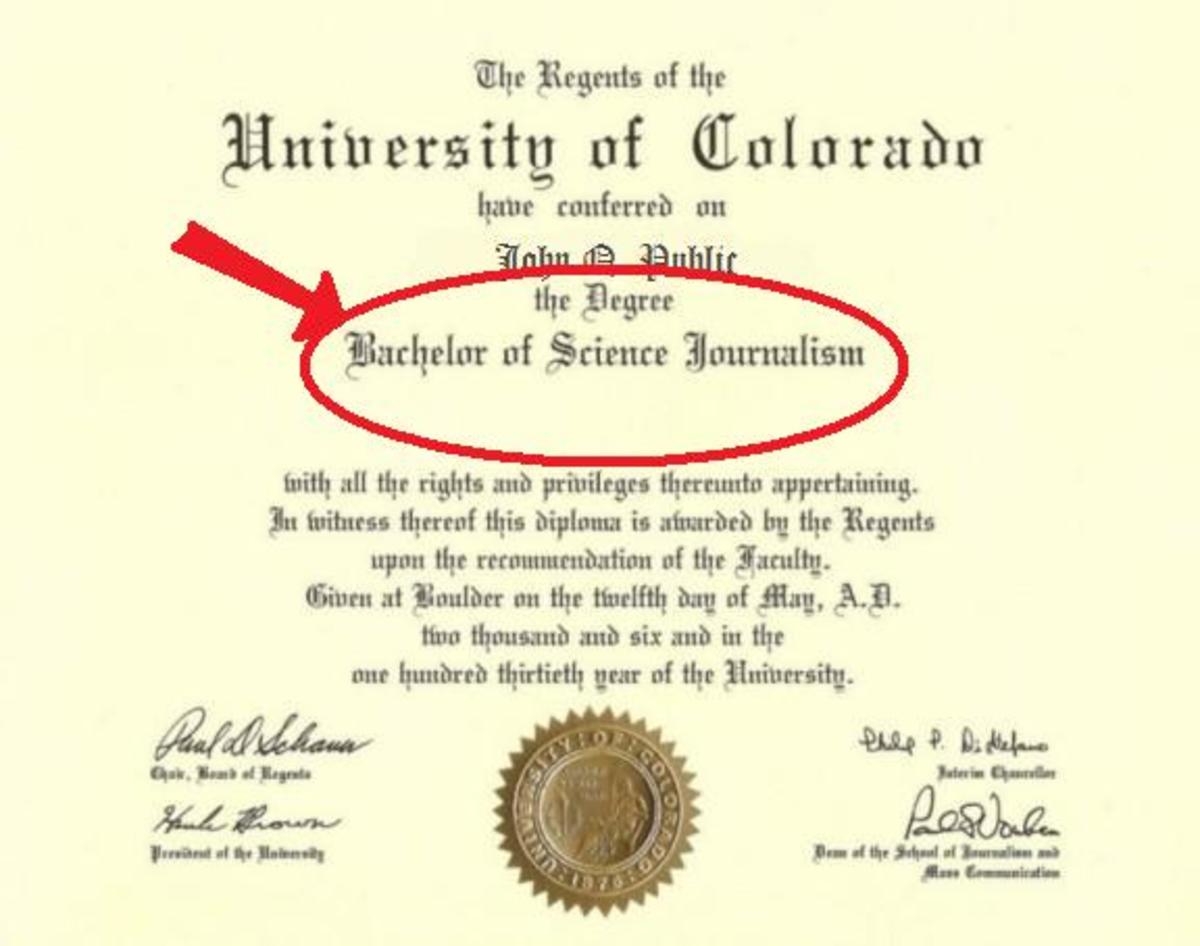You Just Graduated, Now What?

Earning a college degree is the goal of the some 20.4 million students enrolling in college in 2017. The reason they enroll in college is to get a degree to increase their income after graduation or to access a wider variety of jobs. But what are the steps between crossing the stage at commencement and the first paycheck clearing in your bank account?
Step 1: Update your resume!
This is the part where you can list some of the college courses that focused on your major and helped you to hone skills in this area. You can also list some of your projects that you’re particularly proud of. Build an app or website from scratch? Put that in here. You can now also proudly display that degree title here, after all, you earned it.
If you’re having problems with your resume there are tons of sites that offer guidance only a quick Google search away! Most colleges also offer resume critiques throughout the semesters so that is an option in you want to get ahead of the game before you graduate.
Step 2: Get that transcript!
My university used Soar as a student center online. From there I could access the necessary page to request my transcript electronically, but if you’re unsure about how to do this, call or visit your business office! There are people who work exclusively in this office who will be able to answer any and all questions that you have!
Most job offerings I have found request an official transcript if you’re selected for the job. It would be a good idea to have this transcript on hand or at least be aware of how to access it for this situation.
Step 3: Professional email address
If you don’t still have the same email address as the one you set up in high school, this part might not be for you. During a class my second year, a professor went into a long tirade about a student who emailed her from juicybooty300 (not the actual email but you get the picture) to request an office appointment. You can not expect to be taken seriously with email address like that. You have spent years earning this degree, do not let something as simple as your email address stop you from landing a job.
A professional example would be firstname.lastname@address or firstinitial.middleinitial.lastname@address. These are simple and easy to remember. Variations could easily work as well but you get the point.
Step 4: Finding a job!
This part is easier said than done with millions of other previous students looking for jobs as well. Thankfully, there are numerous job boards such as Monster, Indeed, Career Builder and thousands more. LinkedIn will allow you to turn job hunting into a social media experience as well. With these sites you can see jobs posted, create an account, upload your resume and go directly to the job posting.
Part of this is a waiting game. Some people might be lucky and turn their internship into a job opportunity or already have a job lined up. The rest of us cross our fingers and submit a few dozen applications a day. It can be discouraging but remember, you did not get your degree to run a register at the local burger joint! Some companies save you the painstakingly slow process of waiting by sending you an email to let you know if you were qualified or not, while others do not.
Step 5: Wait
When I was first applying for a job in high school, my mother encouraged me to call human resources or a manager to check on my applications. This is no longer viewed as you are being proactive, but rather annoying. If everyone who applied for this job called to check on their application, human resources would not get a chance to actually view the applications. Be patient.
Step 6: Interviews
Make sure to go to your interview prepared. It is never a bad idea to do a quick search on the company to find out a little bit about who you will be working for. The normal dress attire is business casual for this. A little bit of perfume or cologne goes a long way here. Be calm and try to stay relaxed, even though this can be a pretty stressful experience. Just remember, this person has already seen your application and resume and they think you might be a good fit so be yourself.
With any luck, you’ll land the job and put that degree to use. If not, there is always the next one.








